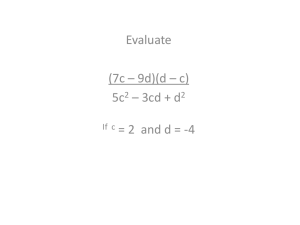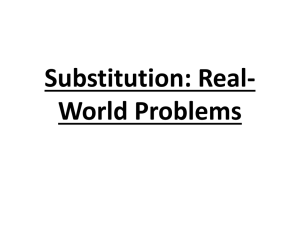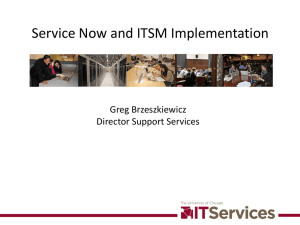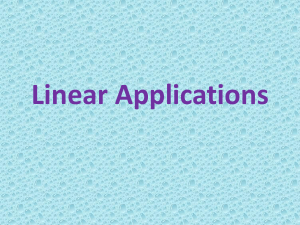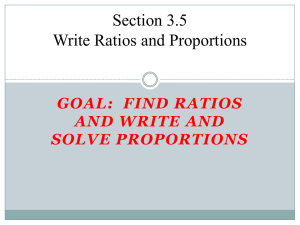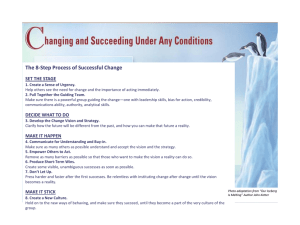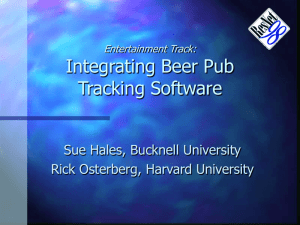Service Manager Overview ( format)
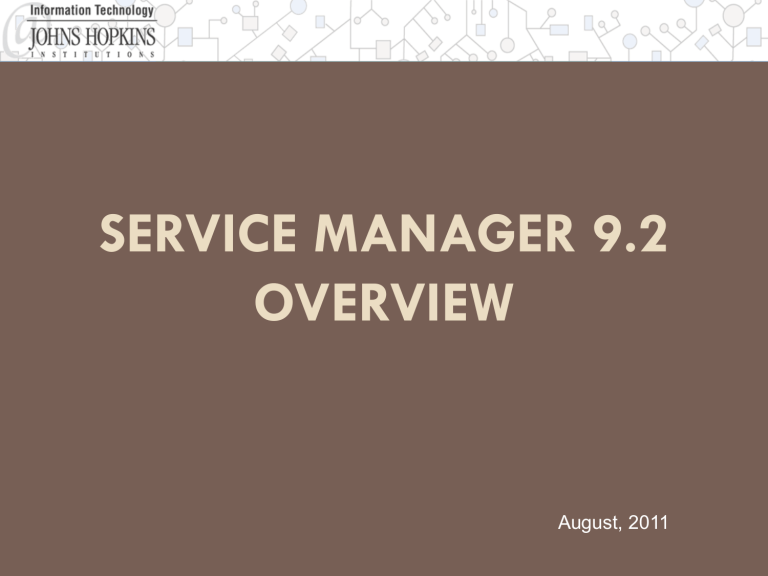
Service Manager 9.2 Overview
SERVICE MANAGER 9.2
OVERVIEW
August, 2011
Service Manager at a Glance
Service Manager leverages the features of Service Center with industry best practices.
Service Manager is a web-based system with the following components:
SERVICE DESK
(replaces Service
Management)
Quickly manage, document and resolve Interactions
INCIDENT
MANAGEMENT
Provides comprehensive incident control
CHANGE
MANAGEMENT
Minimize business risk and promote strategic planning
PROBLEM
MANAGEMENT
(replaces P99/55 tickets)
Investigate and fix root causes of recurrent incidents
Service Manager 9.2 Overview
What’s New?
Cleaner, modernized screens for an improved user experience
Automatic notifications to customers that tickets are closed
Problem Management – an industry standard for root cause analysis and known issues
Change Management – allows for monitoring changes in real time and quicker entry of operational tickets
Dashboards and charts available for users to monitor their teams’ performance
Service Manager 9.2 Overview
New Terms
Business Services: Business Services is the method of categorizing our products. The Business Services that we will use are:
Academic
Clinical
Enterprise
Facilities
Financial / Administrative
Hardware
Miscellaneous
Network
Printers
Software
Telecom
CI (Configuration Items): Configuration Items include products and services. A few examples are:
Adobe Connect
Internet Connectivity
POE
Service Manager 9.2 Overview
New Terms (cont’d)
Interaction – An Interaction is the replacement for a call ticket that the IT Help
Desk opens. Currently, they are listed in Service Center as 11CALL75432.
Interactions are listed in Service Manager as SD10321. SD designates the Service
Desk module.
Impact – is an indicator of how much of the business is affected by the issue
Enterprise - The issue affects the entire company or multiple regions
Site/Dept. – The issue affects a region, an entire building or an entire department
Multiple Users - The issue is isolated to sections within a single building or a workgroup
User – The issue is affecting an individual
Urgency – is an indicator of how quickly the issue must be resolved
Critical - All tasks or functions are halted. No workaround available.
High - Some tasks or functions are halted or severely impaired. Work around is not easy.
Average - Tasks and functions can be completed but with impaired or disrupted capacity.
Workaround is available.
Low - All tasks can be completed, no disruption to service. The function disrupted is not critical to the normal business operations or a request has been made for new service.
Service Manager 9.2 Overview
Priority Classification
Impact & Urgency will now calculate the Priority of a ticket.
Keep in mind, issues that require an automatic escalation to a Priority 1 or 2 will remain that way.
PRIORITY URGENCY IMPACT
Priority
Assessment
Matrix
1 – Critical
2 – High
3 – Average
4 – Low
1 –
Enterprise
1 – Critical
1 – Critical
2 - High
2 - High
2 – Site/Dept
1 – Critical
2 - High
2 - High
3 - Average
Impact
3 – Multiple
Customer
2 - High
2 - High
3 - Average
3 - Average
Service Manager 9.2 Overview
4 – Customer
2 – High
3 – Average
3 – Average
3- Average
Access
Access SM at:
https://srvmgr.johnshopkins.edu/sm/index.do
Supported Browsers:
Internet Explorer 7 & 8
Firefox 3 & 3.5 (Windows and Mac)
Service Manager 9.2 Overview
Summary Points
Service Center –the current technical support system used by IT@JH is being replaced with a new system called Service Manager.
The “Go-Live” date for Service Manager is the evening of July 8, 2011. Service
Center tickets will not be transferred over to Service Manager automatically…open
Service Center tickets need to be closed if possible
Service Manager is a web-based ticketing application and includes modules for
Incident Management, Problem Management, Interaction Management, and Change
Management.
Training and Overview sessions for Service Manager have begun and will continue indefinitely as needed. Also, instructional videos and guides will be posted online.
Questions or concerns regarding Service Manager can be directed to Missy
Wisniewski, Director, Technical Support Services at: missyw@jhu.edu
Service Manager 9.2 Overview


